
Ports of Call is a classic maritime business simulation first launched by Aegis Interactive. The game places you at the helm of a fledgling shipping company, balancing route planning, cargo choices, and tricky harbor maneuvers. Evoking the economic depth of Transport Tycoon and the nautical flair of Sid Meier’s Pirates!, it invites strategic minds to expand a global fleet while navigating storms, strikes, and ever-shifting market prices. Thanks to its intuitive design and timeless challenge, players of all ages can dive straight into the action, savoring the thrill of international trade in every session.
First launched by Aegis Interactive in the golden era of late-1980s DOS entertainment, Ports of Call arrived at a time when simulation games were beginning to push beyond rudimentary score chasing into nuanced worlds fueled by imagination and systemic depth. Instead of lasers or dragons, this game presented players with container manifests, harbor fees, and the unpredictable temperament of the sea. Even decades later, its elegant mechanics, clean vector visuals, and serenely looping sea shanty still hold their own against newer, flashier releases, proving that good design transcends technology.
Ports of Call succeeds by wrapping layers of strategic decision-making inside a deceptively straightforward user interface. The game places you in charge of a modest vessel, a limited line of credit, and a world map dotted with ports whose market prices ebb and flow like real tides. What sets it apart from later tycoon titles is the sense of physical presence injected whenever your ship approaches a dock: manual harbor navigation sequences shift the perspective to a side-on mini-sim where precise throttle adjustments and tide awareness reward skillful captains. Over the years, commentators have praised the game for teaching economic fundamentals without leaning on jargon. Players must weigh loan interest, insurance costs, and cargo perishability while competing against AI rivals. Because the underlying algorithms emphasize supply and demand over scripted events, strategies that worked well yesterday might falter tomorrow, keeping each round fresh. This subtle unpredictability partly explains why enthusiasts still revisit the game long after the bloom of first discovery.
A typical round begins with the purchase of a starter freighter. From there, successful captains scout prices across continents, looking for routes where high-value electronics in Europe can be exchanged for coffee beans in South America or precision machinery in Asia. Every decision carries weight: extra fuel tanks may extend range but reduce cargo capacity, and sailing through hurricane-prone waters can shave days off delivery times at the cost of hull integrity. These trade-offs encourage experimentation, ensuring no two campaigns feel identical. Beyond basic commerce, Ports of Call introduces charming side scenarios. A stranded yacht might request a tow, or a distress call may prompt a race against time to save unlucky sailors. Responding often grants goodwill and cash, yet detours threaten delivery deadlines. Balancing altruism with ambition mirrors real-world corporate dilemmas, nudging players to ponder ethics even as they chase profit margins. Combined, these elements ensure the game remains a rich playground for both micro-managers and big-picture strategists.
Thanks to its compact codebase and intuitive control scheme, Ports of Call can now be enjoyed free directly within a modern browser. Whether you sit at a desktop or cradle a mobile device on a commuter train, the entire experience loads swiftly, preserves authentic keyboard inputs, and requires no heavyweight installation. Cloud-powered emulation translates the original DOS architecture into silky responsive gameplay, letting newcomers experience the same thrills that amused sailors-at-heart in arcades of old. Playing online also removes friction that once discouraged casual experimentation. With no disks to swap or drivers to configure, strategic minds can hop between risk-heavy trans-Pacific ventures and safer coastal runs in seconds, refining tactics on the fly. Most importantly, the title retains its offline charm: every cargo manifest you inspect, every harbor you approach, and every loan you renegotiate functions identically whether you sail during a lunch break on a phone or conduct an evening marathon on a workstation.
What keeps newcomers hooked is the elegant loop of calculate, depart, and dock. Markets fluctuate just enough to reward attentive planning without drowning players in spreadsheets. The visual style, built from crisp line art and simple color fills, ages gracefully because it never strived for photorealism. Instead, ships glide across a deep-blue ocean accented by tasteful icons that convey complex data at a glance. Sound, too, embraces minimalism. Gentle chimes signal successful deals while low rumbling horns warn of mechanical strain. The absence of licensed music leaves ample room for imagination; players often find themselves humming their own sailor anthems as profits mount. All these choices contribute to a design that survives technological revolutions unharmed, reminding us that well-tuned mechanics trump graphical flash when it comes to longevity. Controls remain delightfully straightforward. Outside of docking sequences, most commands involve a handful of keys or a tap-friendly overlay when played on touch screens. Adjust speed, set destination, confirm cargo—complex operations are boiled down to intuitive prompts that invite experimentation rather than intimidation.
Ports of Call endures because it treats business not as spreadsheets but as a human drama driven by storms, deadlines, and boardroom gambles. Its seamless blend of management strategy and hands-on navigation creates a rhythm that never grows stale. Whether you revisit the game for nostalgia or discover it for the first time, each voyage tells a new story carved from shifting markets and restless seas. The basic controls—arrow keys for harbor maneuvers, simple menus for trade decisions, and contextual prompts for special events—remain intuitive even for absolute beginners, making the learning curve as smooth as a gentle canal passage.
All codes used in this game are publicly available, and Ports of Call remains the intellectual property of its original authors.
Share game
Share game
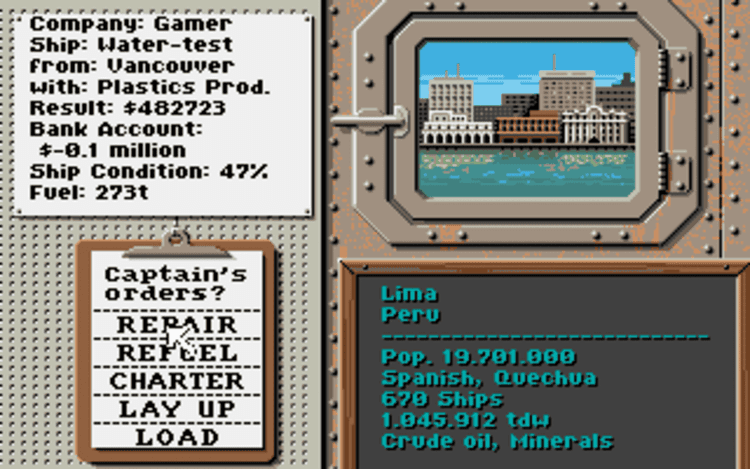

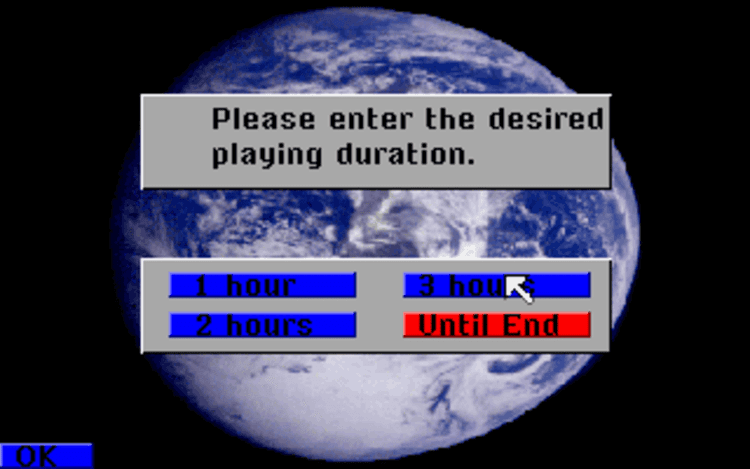


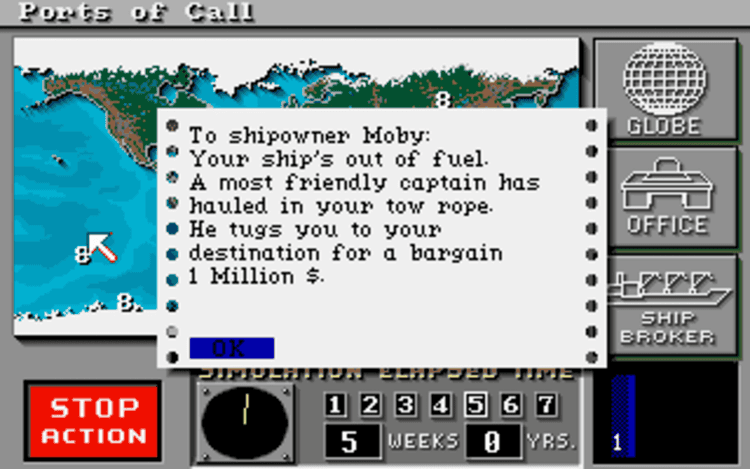
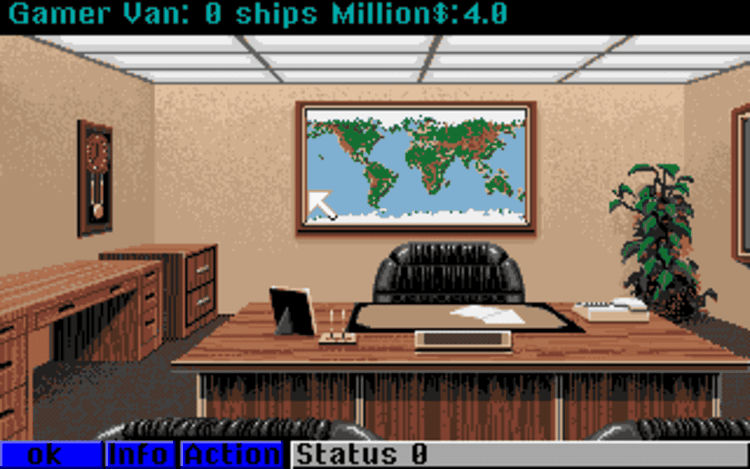
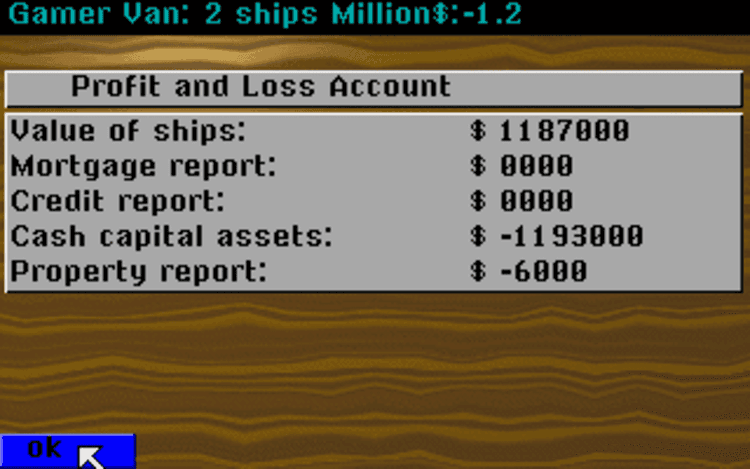
Share game